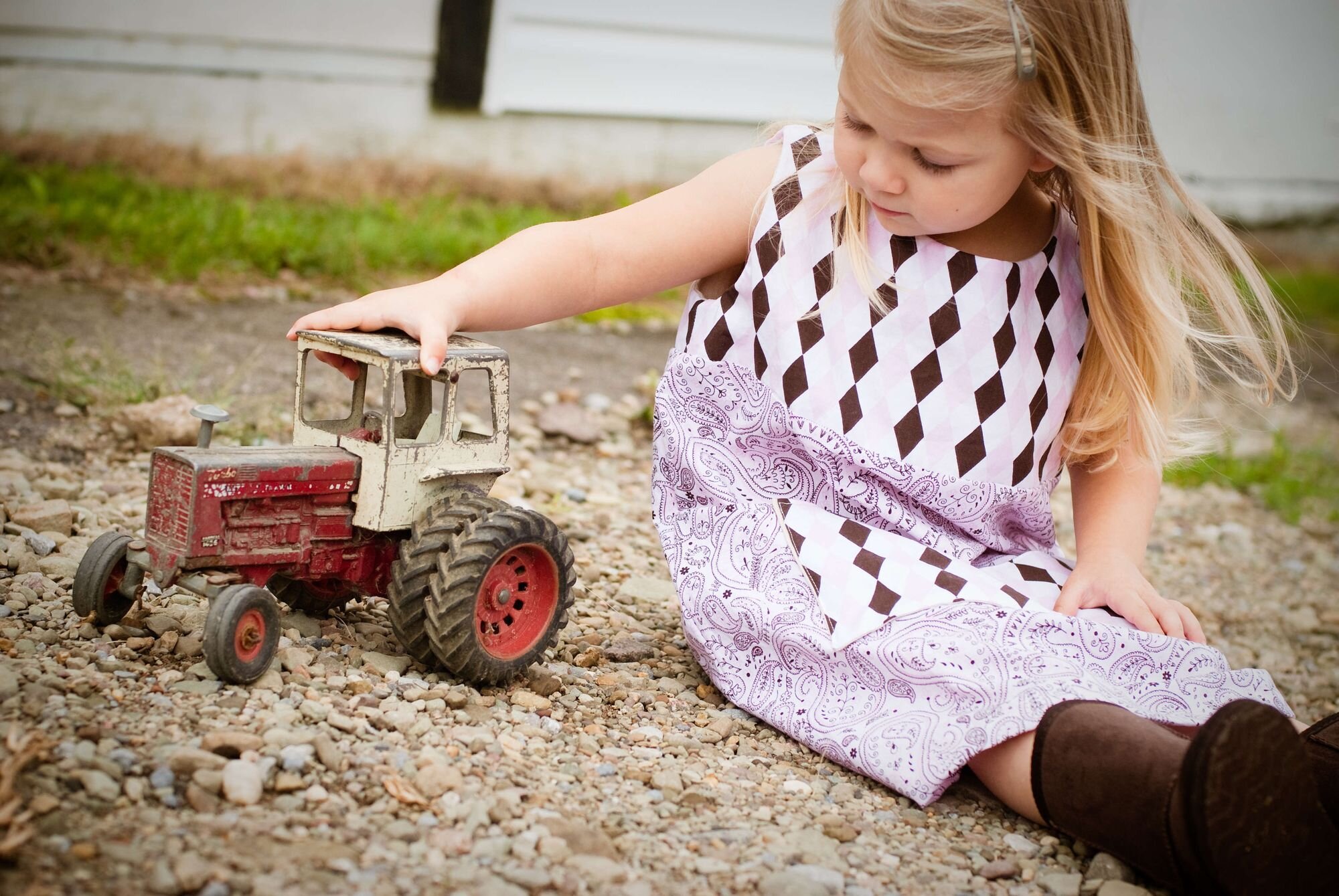Let’s Move Hard and Early to Curb COVID-19-Related Poverty
Child Poverty Action Group believes the Government needs to take the same 'go hard and early' approach its taken with Covid-19 when it comes to supporting those doing it tough during this period of uncertainty so we don't see a dramatic rise in poverty, especially child poverty.
Child Poverty Action Group applauds the Prime Minister's move to go hard and early to curb the spread of Covid-19.
And we believe the Government needs to take the same approach when it comes to supporting those doing it tough during this period of Covid-19-related uncertainty so we don't see a dramatic rise in poverty, especially child poverty.
CPAG's economic spokesperson, Susan St John says the recently announced subsidies and stimulus packages have been vital for businesses but the announced welfare package needs urgent review.
Those currently on benefits will be joined by many more, as jobs are lost and most crucially - their children are put in precarious positions over this challenging time.
"The $25 benefit increase is tiny," St Johns says.
"It does not give the extra support people need as they navigate this difficult time. This means more demand for Government's hardship grants and pressure on social services as food runs out. Already Work and Income is not coping as many people are unable to access the emergency help they need."
In comparison, Australia's Prime Minister Scott Morrison has doubled benefits rates, whilst our politicians have only made increases of less than 15% [1].
"Raising core benefits is a step in the right direction. But the aim should be to have benefits high enough that supplementary payments are only rarely necessary - which is what the Australian government is ensuring through their doubling of rates."
The second measure recently announced to support families also falls short.
The Government has dropped the minimum hours test for the In-Work Tax Credit (IWTC) , however this will not take effect till July 1, by which time many needing this support will have moved to the benefit - making them ineligible for this tax credit.
"The current increases are for adult benefits while the extra needs of children are invisible. The obvious way to help the worst-off children, easily and immediately is to deliver the IWTC to all low-income families, including those receiving benefits," St John says.
"This group will soon include thousands who have lost their jobs due to Covid-19. This would be the most cost effective way to channel extra money into the hands of families who need it most and help prevent child poverty in this country from getting even worse."
It's also time the Government removed the outdated penalties for people in relationships.
The way our current regime works is that if one earner in a couple loses their income, they will get little or no support, due to their partner's income. Thousands of families over the coming months will experience this very scenario. CPAG research shows two people who live together on the jobseekers benefit get 20% less if they are in a relationship.
"In rethinking how we cushion ourselves from the Covid-19 shock let's think about what we want our society to look like. Relationships in hard times are crucial to sustaining wellbeing and should be encouraged and certainly not be penalised," she says.
"CPAG modelling shows that the core married benefit rate is located well below the very lowest poverty line in New Zealand. Clearly the married person rate should be lifted with urgency to the single rate and each recipient's benefit independent of their relationship status." [2]
Over the coming months, unemployment may well increase at faster rates than community transmission of Covid-19, therefore the same hard and fast measures we are taking to stem the virus should also be taken, to slow the spread of poverty and the pressures that will bring to our communities.
We can get through this together, but only if we extend support to all New Zealanders.

